Project Abstract
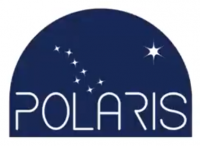 Alaskan coastal Indigenous communities face severe, urgent, and complex social and infrastructural challenges resulting from environmental changes. Coastlines are degrading and this impacts infrastructure that communities use on a daily basis, changing how people access and hunt for food and other natural resources and conduct their lives. The magnitude and significance of impacts are unclear as is how local communities will respond to resulting disruptions and disasters. A major problem facing researchers, stakeholders, and policymakers in addressing these issues is that existing research is piecemeal. The whole picture of coastal communities is not well understood, and ways to address problems they face are not as effective as they could be. A changing environment drives changes to the populations of Alaskan coastal Indigenous communities due to families and individuals relocating either seasonally or permanently, which complicates efforts to understand the relationship between environmental changes and society. These challenges demand a robust, integrated, and convergent research platform to identify the complexities of the issues and the ways communities can respond. The POLARIS (Pursuing Opportunities for Long-term Arctic Resilience for Infrastructure and Society) project supplies just that kind of research platform for analyzing current and future needs in order to create resilient communities in the face of a changing environment.
Alaskan coastal Indigenous communities face severe, urgent, and complex social and infrastructural challenges resulting from environmental changes. Coastlines are degrading and this impacts infrastructure that communities use on a daily basis, changing how people access and hunt for food and other natural resources and conduct their lives. The magnitude and significance of impacts are unclear as is how local communities will respond to resulting disruptions and disasters. A major problem facing researchers, stakeholders, and policymakers in addressing these issues is that existing research is piecemeal. The whole picture of coastal communities is not well understood, and ways to address problems they face are not as effective as they could be. A changing environment drives changes to the populations of Alaskan coastal Indigenous communities due to families and individuals relocating either seasonally or permanently, which complicates efforts to understand the relationship between environmental changes and society. These challenges demand a robust, integrated, and convergent research platform to identify the complexities of the issues and the ways communities can respond. The POLARIS (Pursuing Opportunities for Long-term Arctic Resilience for Infrastructure and Society) project supplies just that kind of research platform for analyzing current and future needs in order to create resilient communities in the face of a changing environment.
The POLARIS project has identified three convergent research pillars to help communities adapt: environmental hotspots of disruption to communities and infrastructure, food in complex adaptive systems, and migration and community relocation. These pillars are interwoven with five component processes: education, outreach, local community engagement, international comparison and collaboration, and evaluation. Research integrates the pillars where system responses and uncertainties are predicted under several socio-environmental scenarios. Researchers from a variety of fields are coming together with local community members to conduct the research. The data and analysis created through surveying local community members, modeling environmental changes, and conducting economic research inform local, state, and national decision makers and leaders about how to address infrastructure and social needs in the face of environmental changes. In addition to the research and community focus of the project, POLARIS is training junior researchers, graduate students, and undergraduate students in interdisciplinary research as they participate in work across the pillars and five components. This helps ensure that the rising generation of researchers is well prepared to continue the crucial work to address the issues that the project identifies well past its conclusion. In addition, local educators are working with local communities to develop classroom tools to engage students in K-12 settings. This integrated research project will enable communities to become more resilient with both stronger societies, civic culture, and improved infrastructure needed as the new Arctic continues to emerge.
Logistics Summary
The project will investigate how interconnected environmental stressors and infrastructure disruptions are affecting coastal Arctic Alaskan communities and identifies the important assets (social, environmental, infrastructural, institutional) to help them adapt and become more resilient to climate related changes. Researchers will investigate three convergent research pillars: environmental hotspots of disruption to communities and infrastructure, food in complex adaptive systems, and migration and community relocation. Starting in 2020, 15 team members will travel to Dillingham in late February. Due to travel restrictions related to COVID-19, the team rearrange some plans, cancelling the spring trips to Wainwright and Scammon and will travel to Dillingham again in the fall and also hope for a trip to Wainwright in the fall or early winter 2021. In each year, 2021 to 2023, a field team of 2-7 people will travel to Wainwright, possibly Scammon Bay, and Dillingham several times throughout the year. At these communities researchers will conduct individual and group interviews and surveys (both ethnographic and participatory), participatory mapping activities, and collect socioeconomic data. They will use a real time kinematic GPS system and drone to create a baseline digital elevation model along the coastlines of the communities. Additionally, local participants at each location will assist with the establishment and maintenance of observation sites that will directly measure costal erosion; soil, air and water temperature; air pressure and water levels. Researchers will also install fixed time lapse cameras at these sites.
Season Field Site
2020 Alaska - Dillingham
2020 Alaska - Wainwright
2021 Alaska - Dillingham
2021 Alaska - Scammon Bay
2021 Alaska - Wainwright
2022 Alaska - Dillingham
2022 Alaska - Scammon Bay
2022 Alaska - Wainwright
2023 Alaska - Dillingham
2023 Alaska - Scammon Bay
2023 Alaska - Wainwright
Keywords
Arctic, Indigenous communities, transdisciplinary, coastal, Alaska, convergence
Project Location
Website
PI WebsiteDates
-Location
Coastal, AK; Dillingham, AK; Wainright, AK; Scammon Bay, AK; Bristol Bay, AKMembers
Principal Investigator

Co-Principal Investigator
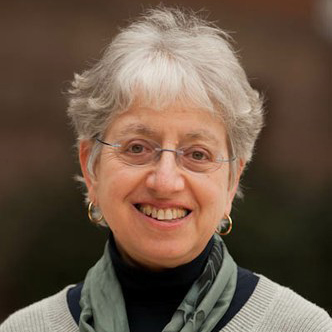
Co-Principal Investigator
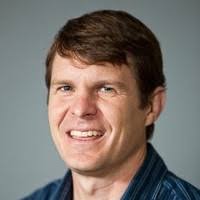
Co-Principal Investigator

Co-Principal Investigator
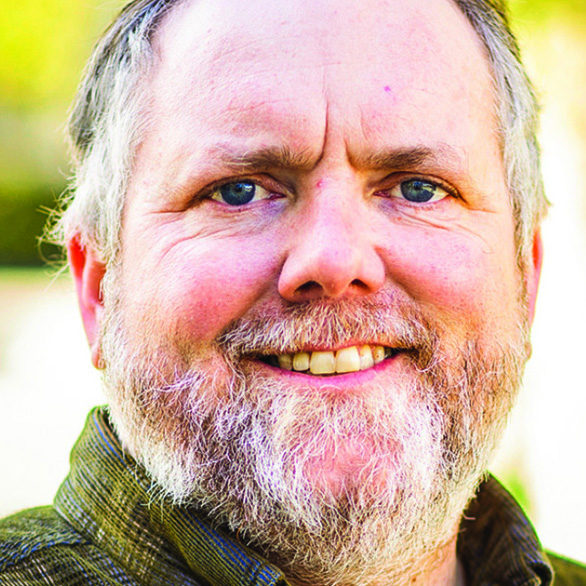
Other
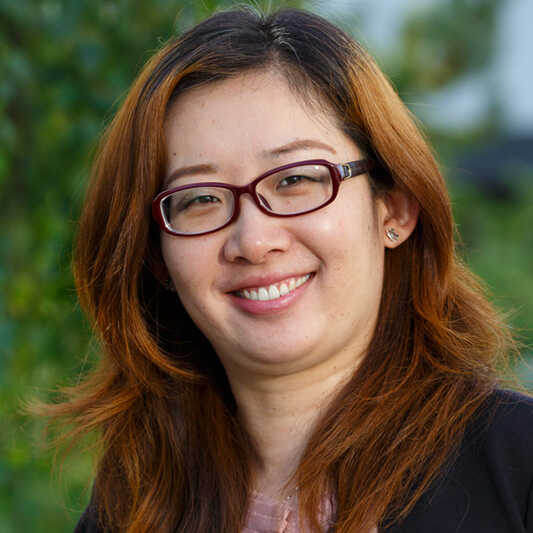
Team Member
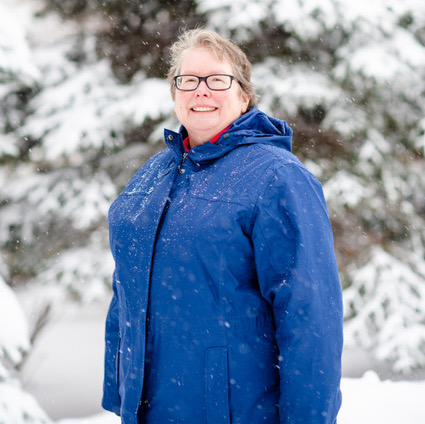
Team Member
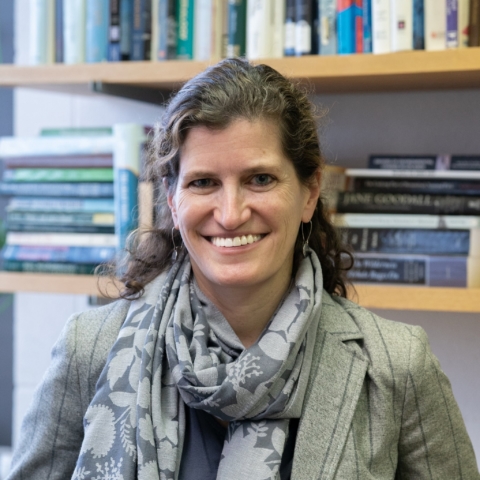
Team Member
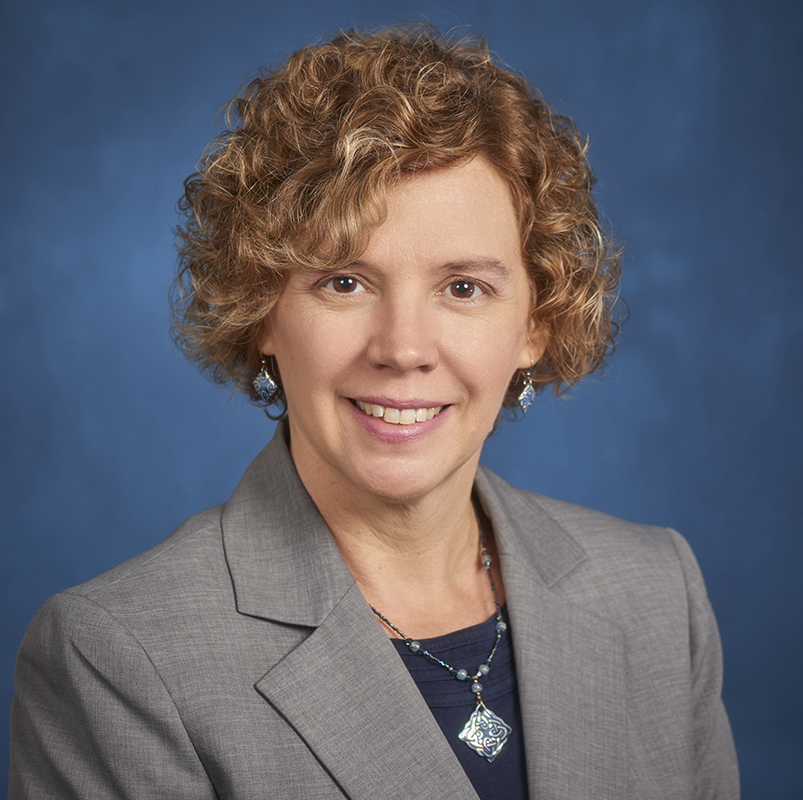
Team Member
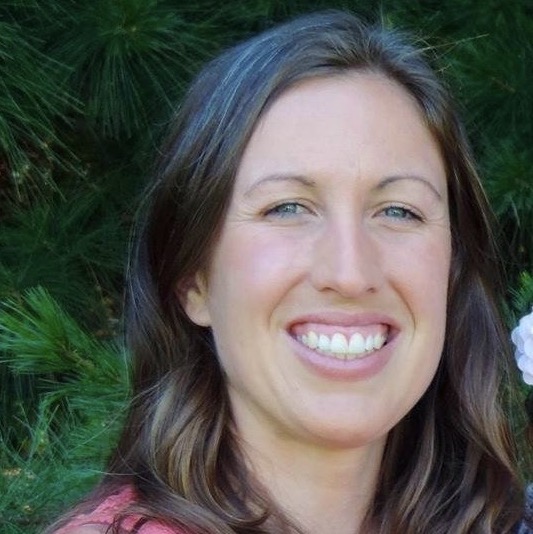
Team Member
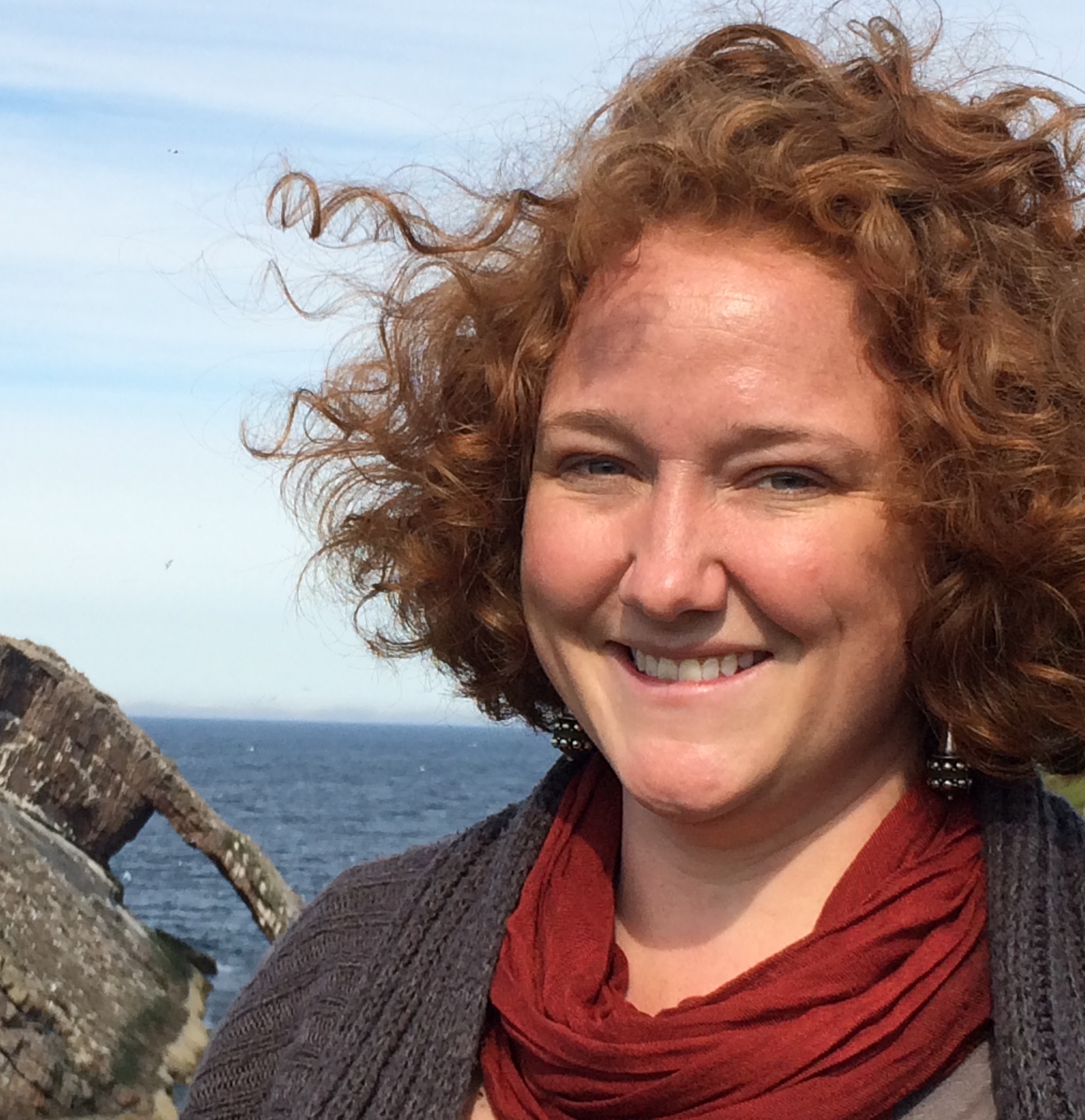
Team Member
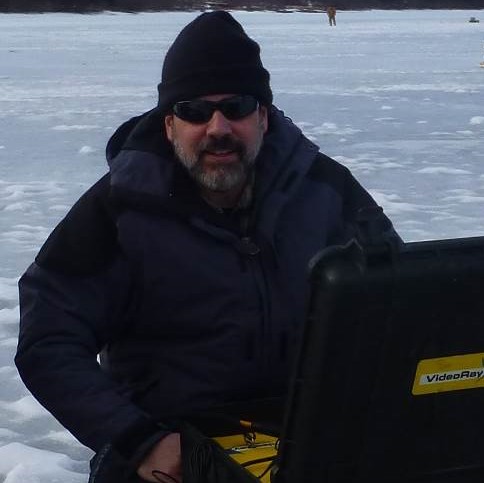
Team Member
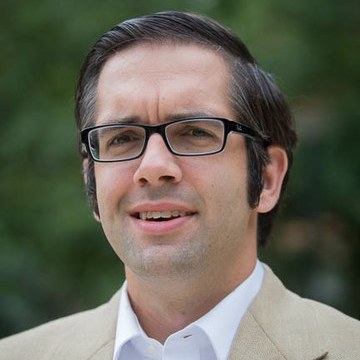
Team Member

